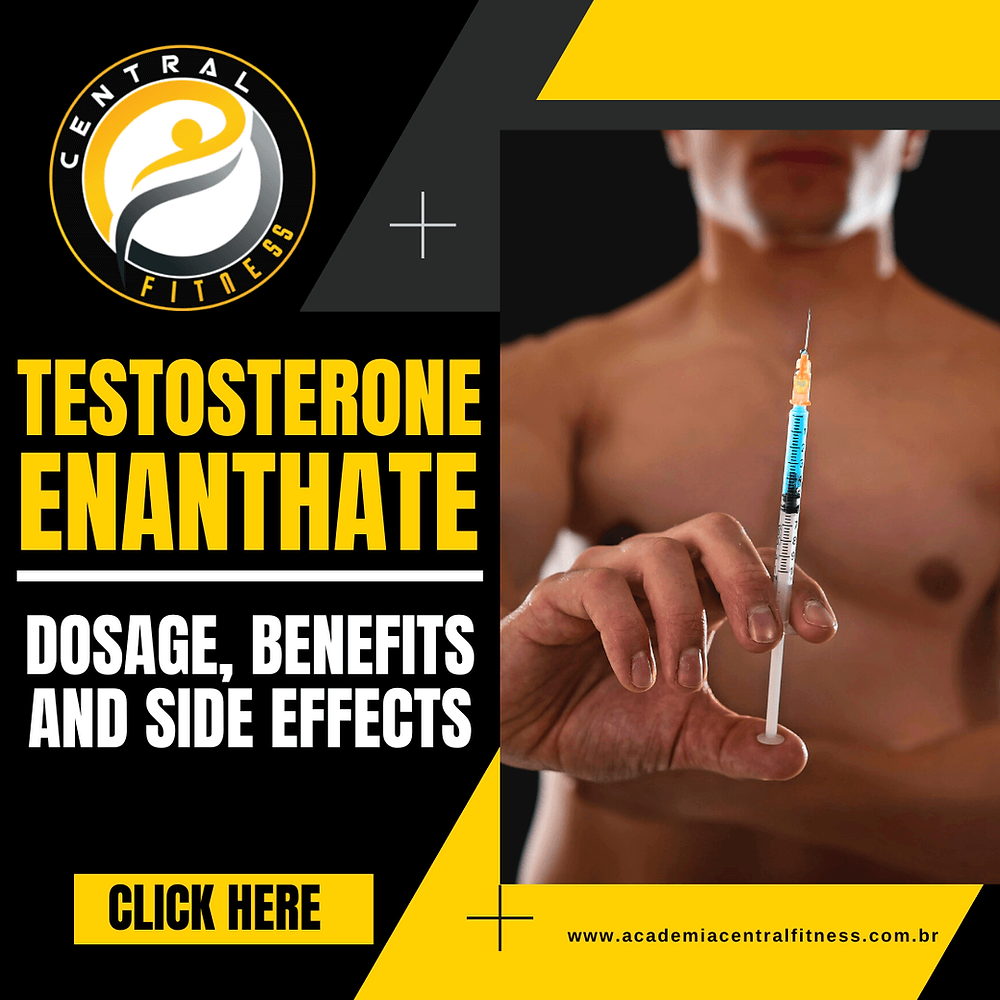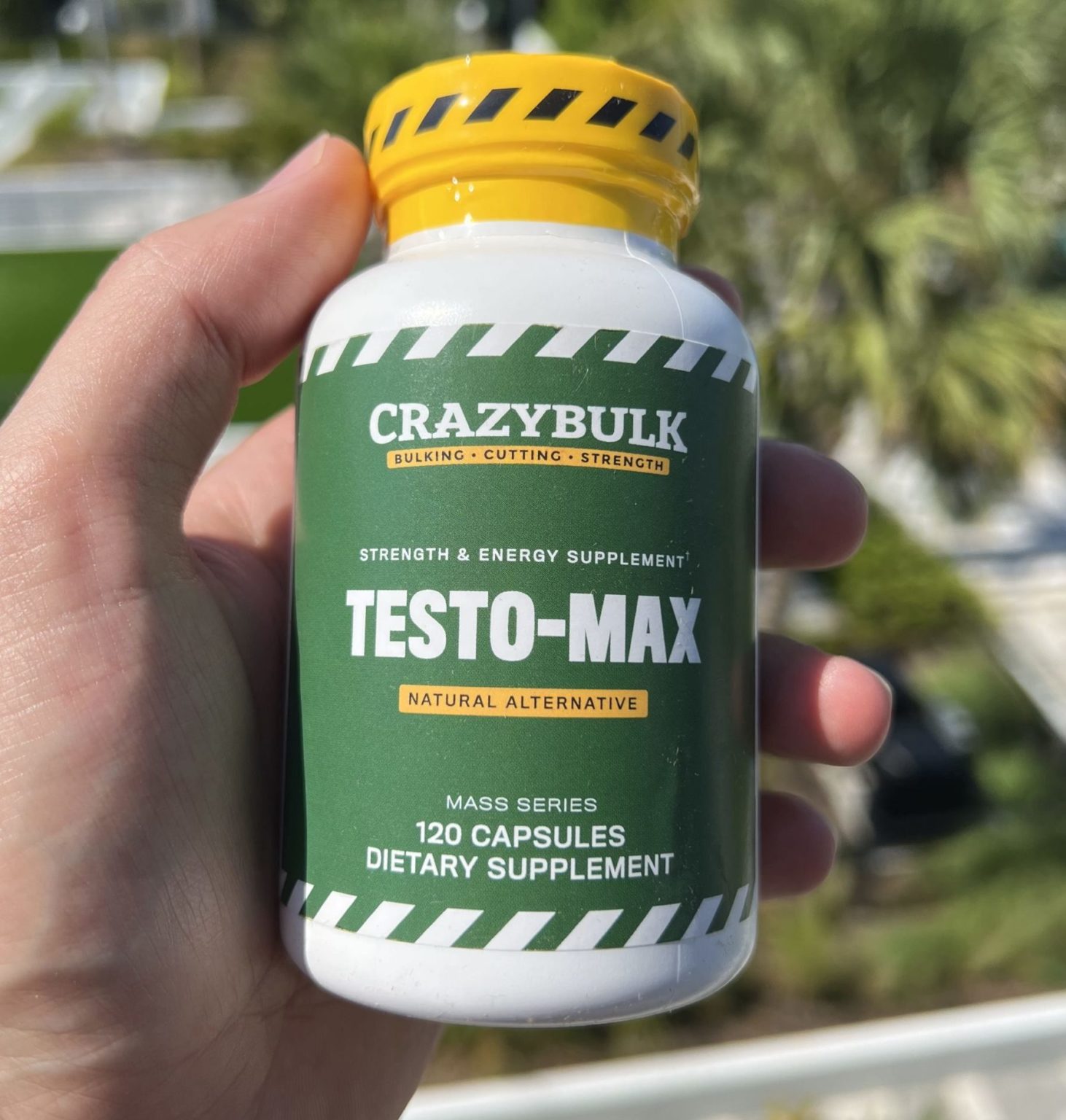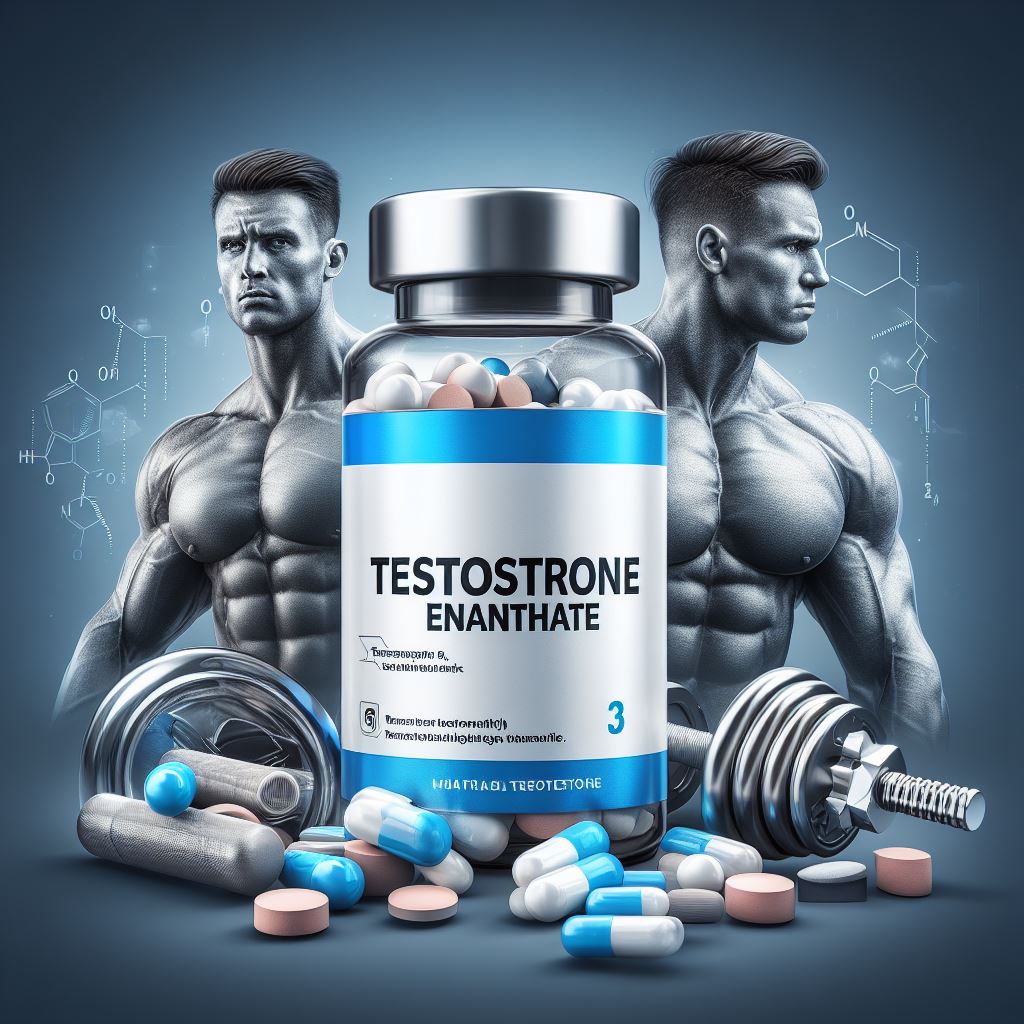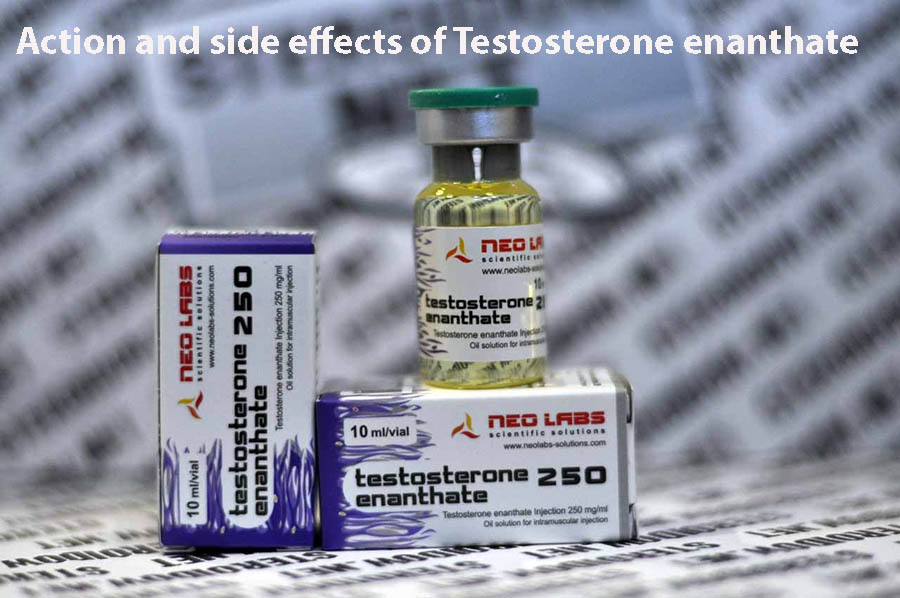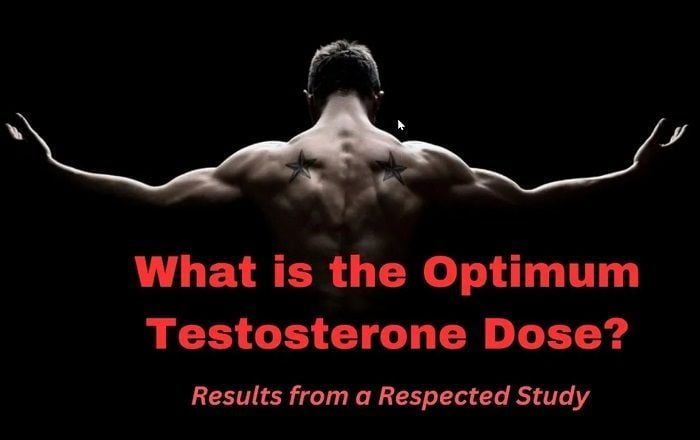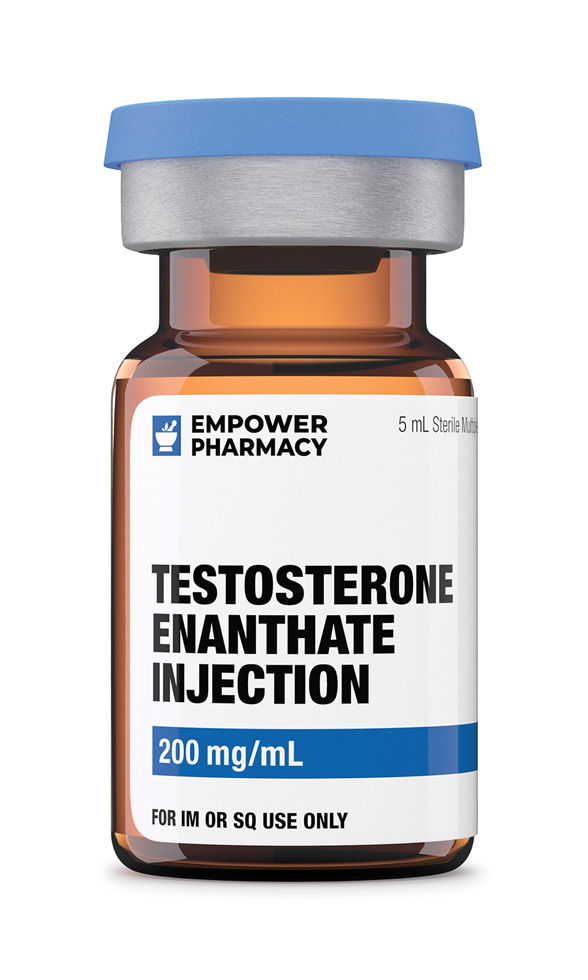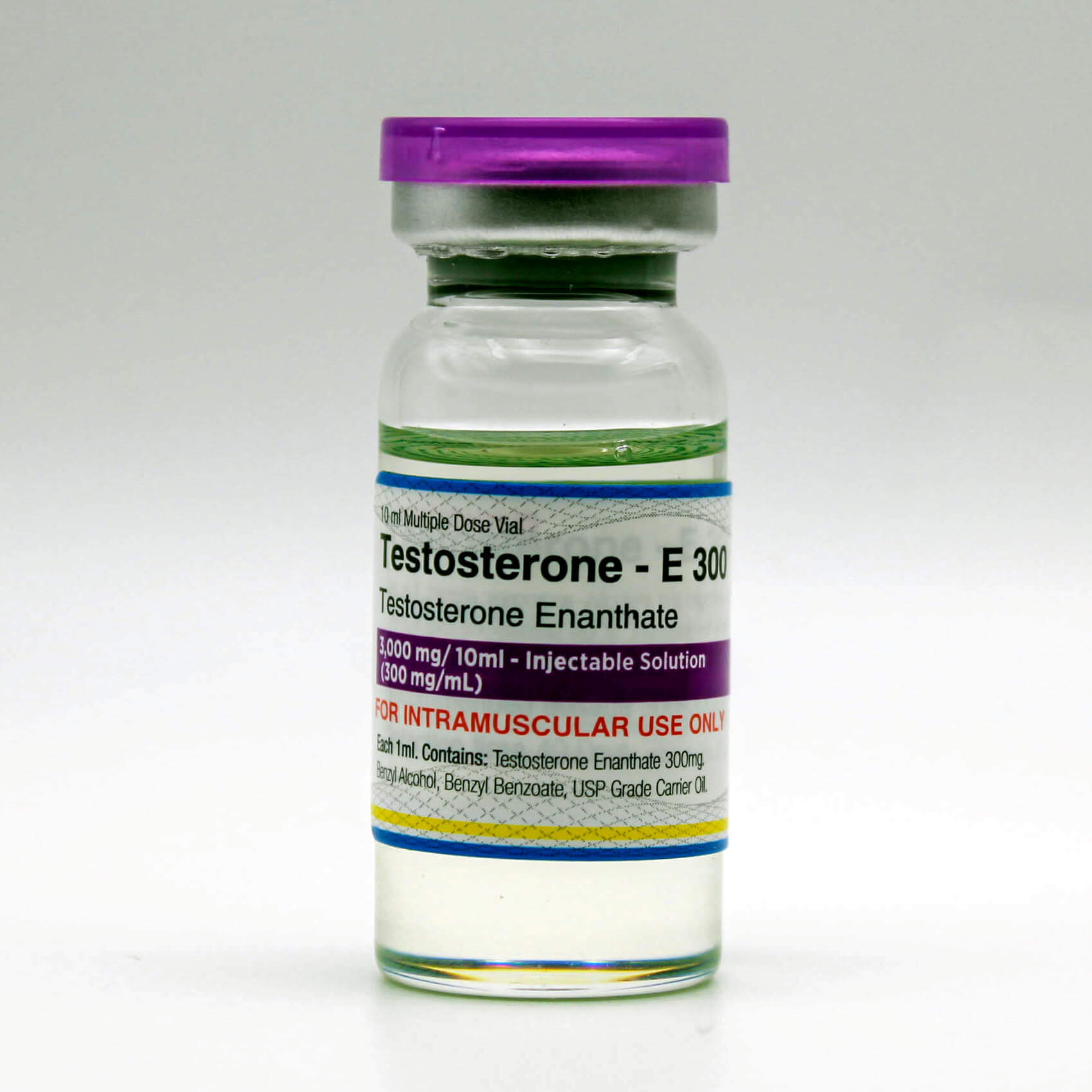Testosterone Enanthate Dosage For Muscle Growth

The pursuit of muscle growth, particularly within bodybuilding and athletic communities, often leads individuals to explore various methods, including the use of anabolic steroids. Among these, Testosterone Enanthate, a long-acting synthetic testosterone, is a frequently discussed option. Understanding the appropriate dosage for muscle growth is crucial, yet navigating the complexities of its use requires careful consideration of potential benefits, risks, and legal ramifications.
This article aims to provide an objective overview of Testosterone Enanthate dosage considerations for muscle growth, drawing upon available research and expert opinions. It's important to note that this article does not endorse the use of anabolic steroids and strongly advises consulting with qualified medical professionals before considering any such substances. The misuse of Testosterone Enanthate can lead to serious health consequences and is often illegal without a prescription.
Understanding Testosterone Enanthate
Testosterone Enanthate is an injectable form of testosterone, a primary male sex hormone that plays a crucial role in muscle development, bone density, and red blood cell production. It is typically prescribed to treat conditions like hypogonadism, where the body doesn't produce enough testosterone naturally. The drug works by supplementing the body's testosterone levels, leading to various physiological effects.
When used for muscle growth, Testosterone Enanthate increases protein synthesis, nitrogen retention, and red blood cell production, all of which contribute to muscle hypertrophy. However, these effects are accompanied by potential side effects, making responsible use essential.
Dosage Considerations for Muscle Growth
Determining an appropriate dosage of Testosterone Enanthate for muscle growth is highly individualized and depends on various factors, including experience with anabolic steroids, body weight, individual tolerance, and goals. There is no universally safe or recommended dosage for non-medical use.
Typically, users who are new to testosterone esters often start with lower doses to assess their body's response. Some sources suggest starting doses of 200-300mg per week, injected in divided doses. More experienced users might use dosages of 500-750mg per week, or even higher, but this significantly increases the risk of adverse effects.
Important Note: These dosages are for informational purposes only and should not be interpreted as medical advice. The use of anabolic steroids without medical supervision is dangerous and illegal in many jurisdictions. Self-administration can result in severe health complications.
Potential Side Effects
The use of Testosterone Enanthate comes with a range of potential side effects, many of which are dose-dependent. These can include:
- Estrogenic Effects: Testosterone can aromatize into estrogen, leading to gynecomastia (breast tissue development in males), water retention, and bloating.
- Androgenic Effects: Increased sebum production (acne), accelerated hair loss (in individuals predisposed to male pattern baldness), and increased body hair growth are common.
- Cardiovascular Issues: Testosterone Enanthate can negatively impact cholesterol levels, increasing the risk of heart disease. It can also elevate blood pressure.
- Suppression of Natural Testosterone Production: Exogenous testosterone suppresses the body's natural testosterone production, which can lead to testicular atrophy and infertility.
- Liver Damage: While less hepatotoxic than some other anabolic steroids, Testosterone Enanthate can still strain the liver.
- Mood Changes: Anabolic steroids can cause irritability, aggression ("roid rage"), and mood swings.
Furthermore, the long-term effects of anabolic steroid use are not fully understood and could pose significant health risks later in life. Regular blood work and medical monitoring are essential to mitigate these risks.
Legal and Ethical Considerations
The use of Testosterone Enanthate for non-medical purposes is illegal in many countries, including the United States, where it is classified as a Schedule III controlled substance. Possession and distribution can lead to legal penalties, including fines and imprisonment.
Ethically, the use of performance-enhancing drugs in sports is widely condemned as it provides an unfair advantage and undermines the principles of fair play. Many sporting organizations have strict anti-doping policies in place.
The Role of a Doctor
If you suspect you have low testosterone levels, it is essential to consult with a qualified medical professional. A doctor can conduct blood tests to assess your hormone levels and determine if treatment with Testosterone Enanthate or other therapies is appropriate.
It is critical to have a candid conversation with your doctor about your concerns and goals. They can provide evidence-based guidance, monitor your health, and help you make informed decisions. Self-treating with Testosterone Enanthate is extremely dangerous and should be avoided at all costs.
Conclusion
Testosterone Enanthate is a powerful hormone with the potential to significantly impact muscle growth, but its use is associated with substantial risks and legal implications. While some individuals may be tempted to use it for cosmetic or performance enhancement, it is crucial to consider the potential consequences and seek professional medical advice.
Prioritizing health and safety should always be paramount. Exploring natural methods for muscle growth, such as proper diet and exercise, is a safer and more sustainable approach.
Ultimately, the decision to use Testosterone Enanthate is a personal one, but it must be made with a complete understanding of the potential benefits and risks, and under the guidance of a qualified healthcare provider.
